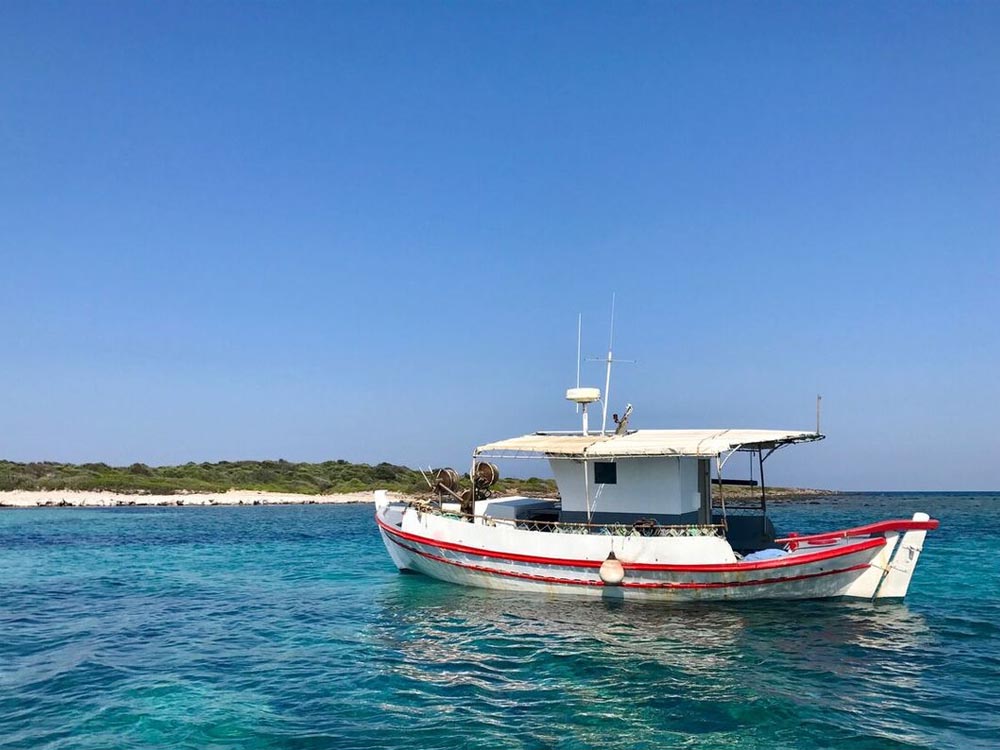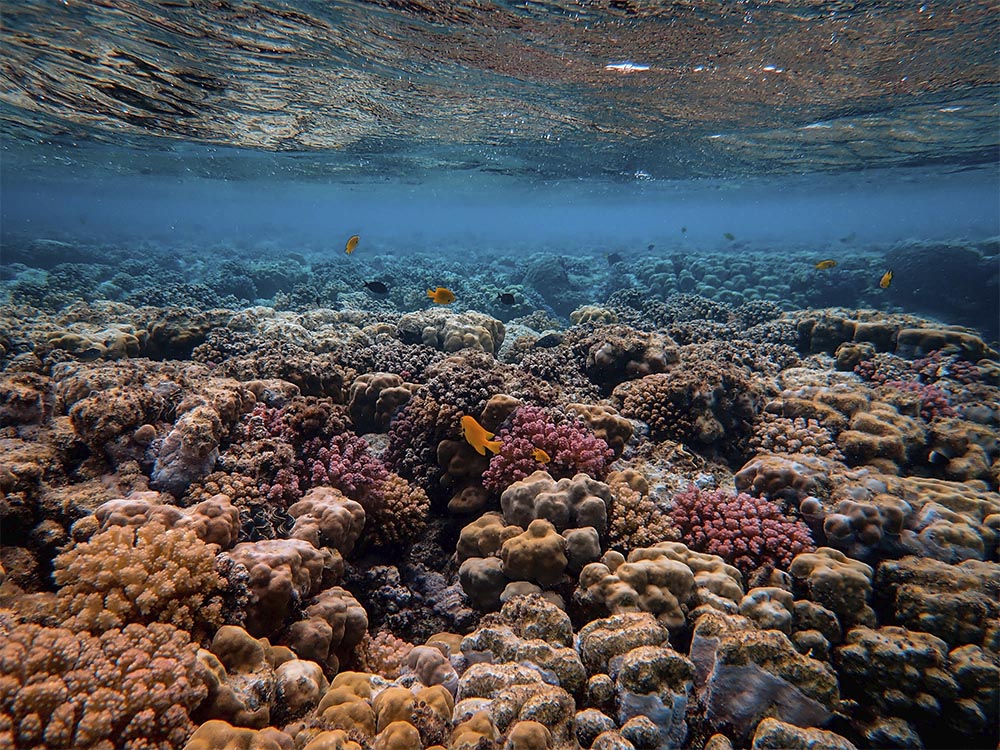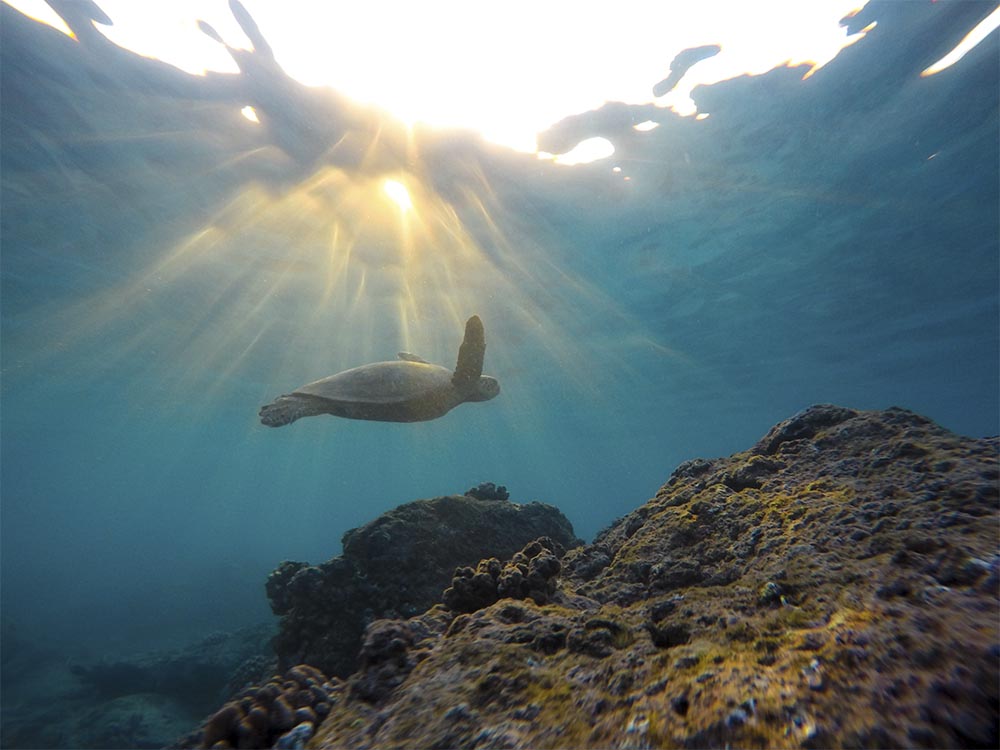AMAre
Action for Marine Protected AreasProject presentation
In the Mediterranean Sea, the intensive use of maritime space calls for integrated management to avoid cumulative impacts and user conflicts. Maritime Spatial Planning (MSP) - the harmonization of human activities in marine areas - is advocated as a powerful approach to reach these goals. However, most Mediterranean countries have not yet gone through this process.
The objectives of this project are 1- to develop shared methodologies and geospatial tools for multiple stressors assessment, coordinated environmental monitoring, multi criteria analyses and stakeholders' engagements; 2- to translate these guidelines into concrete pilot actions and coordinated strategies in selected Marine Protected Areas (MPAs) to solve hot spots of conflicts affecting marine biodiversity and the services it provides. Transnational cooperation and regulations, development of coordinated best practices to deal with present and future drivers of changes in biodiversity and ecosystem services, coordinated monitoring, data access to share information and concrete stakeholder and users' involvement are the expected results.
The final aim is to scale up strategies and recommendations at transnational level adopting an ecosystem-based approach to MSP considering the goals of the Marine Strategy Framework Directive (MSFD) across MPAs. MPA managers, public institutions, and key stakeholders working within the MPAs will benefit from the results of the project.
Partnership
Lead partner
National Inter-University Consortium for Marine Science – CoNISMa (Italy)
9 Partners
1 Associated partner
8 Pilot sites
5 Countries
Key messages
For managers
- To develop shared methodologies and geospatial tools for a multiple stressors assessment, coordinated environmental monitoring, multi-criteria analyses, and stakeholder engagement;
- To maintain biodiversity and to increase the resilience of networks of MPAs/FRAs it is necessary to improve management and protection measures;
- A coordinated application of MSP in the Mediterranean Sea can significantly improve the management and the monitoring of biodiversity and the services it provides MPAs, and can reduce threats acting within the territory.
For policy
-
Strategies and recommendations need to be scaled up at a transnational level and an ecosystem-based approach that considers the MSFD should be adopted across MPAs;
-
It is essential to develop common, transfrontier regulations and to develop best practices to deal with present and future drivers of change;
- The integration of selected protected areas by refining a general framework (ISEA) can better achieve EU goals.
For science
-
Research and data collection is required to resolve conflict hot spots that are affecting marine biodiversity and its related services;
-
The lack of consideration of the effects of human activities in management plans and monitoring programs must be mitigated by research and monitoring, according to EU indications on Blue Growth;
- Studies on human uses that are presently considered a concrete threat, and that can identify early warning indicators of change, are needed.





